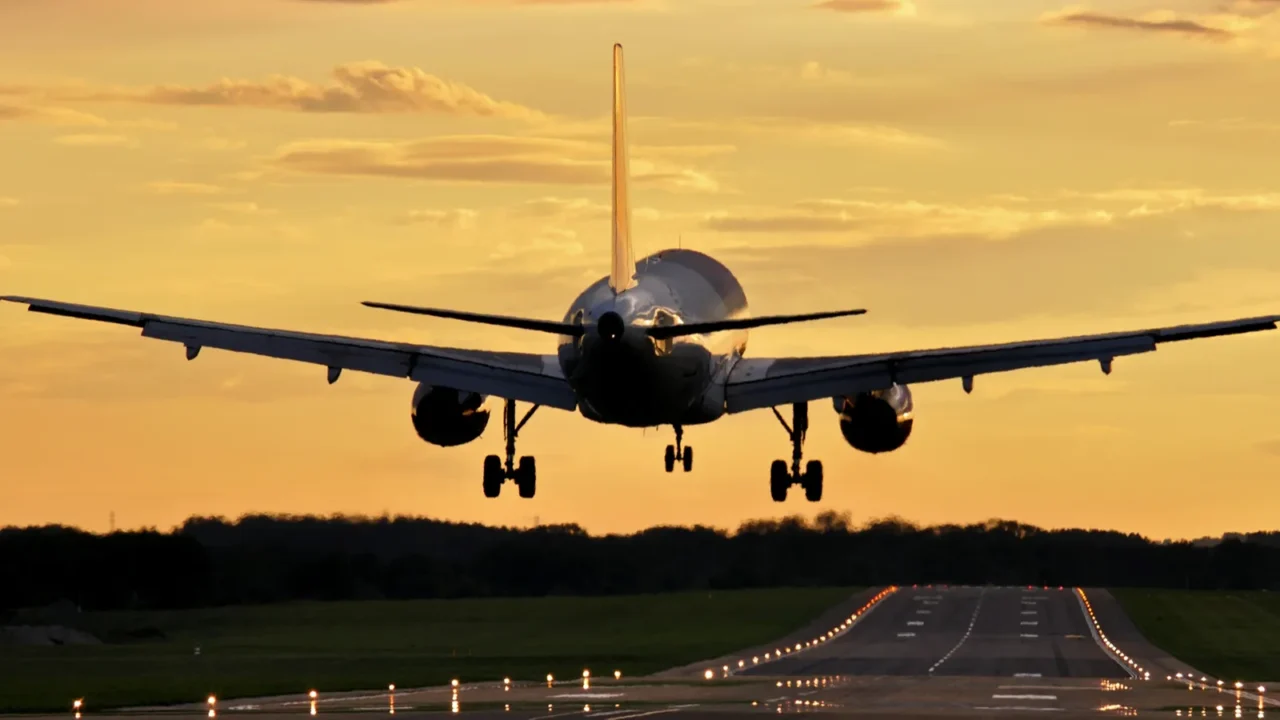
Welcome aboard
Travelers everywhere are fed up with surprise airline fees, bag charges, seat fees, change penalties, and more creeping into ticket prices. This year, you can outsmart those hidden costs with strategies that really work. From picking the right fare class to exploiting loyalty perks, we’ve gathered the top tricks to keep your wallet happy. Ready to fly smarter?
Jet across cities and countries without paying for what you don’t need. These methods aren’t just clever, they are proven by experts and seasoned itinerants too. Let’s dive in and see how you can stop overpaying, avoid fees, and still enjoy your journey.
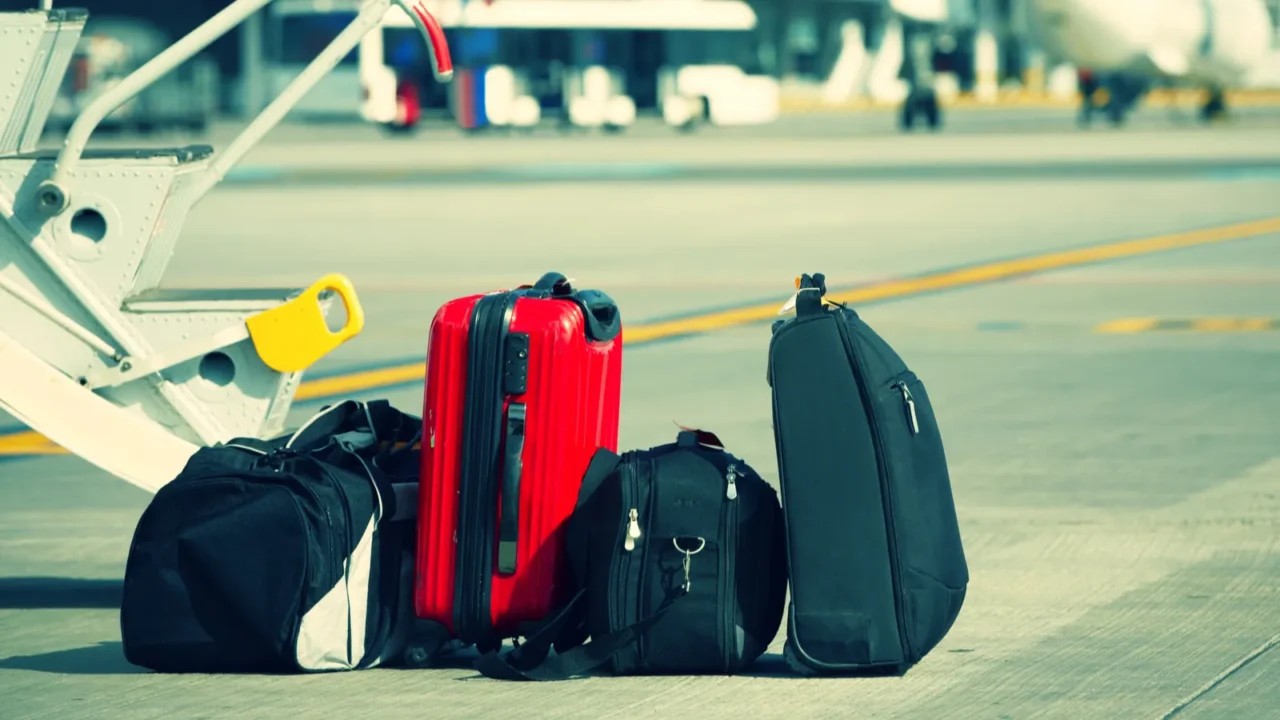
Book with baggage in mind
Most airlines charge steep fees for checked baggage or oversized carry‐ons. But you can avoid many charges by selecting fares that include free checked bags upfront. Always check what the ticket consists of before you pay.
If your trip requires checked luggage, consider using credit cards or airline loyalty programs that offer complimentary baggage as a perk. That way, you get built-in savings rather than shocking fees at airport counters.

Use credit cards and loyalty perks
A smart travel credit card or airline loyalty program can eliminate many common fees. Free checked bags, priority boarding, and seat assignment charges often come with elite status or branded credit cards.
Track your travel patterns if you fly often with one carrier, stick with them to build status. Even occasional flyers can benefit by choosing cards that offset baggage fees or that reward you with free upgrades and waived charges.
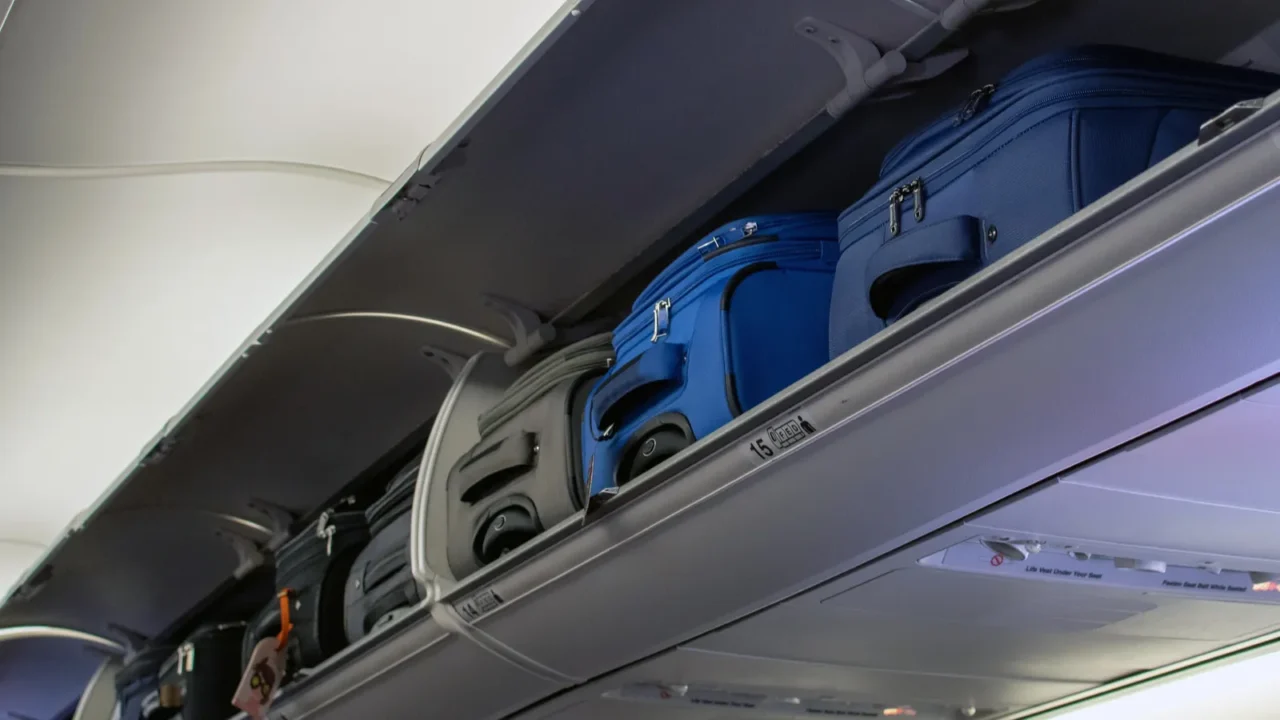
Travel light and tidy
Packing lighter is one of the oldest tricks, but still one of the best. Stick to carry‐ons where possible. Roll clothes, use packing cubes, and limit your shoes. Every pound saved helps avoid overweight luggage fees.
Also, check the carry‐on size limits for your airline before you fly. Airlines frequently reject or charge extra for bags that exceed dimensional specs, even if they pass casual inspection.

Shop and compare smartly
Don’t rush into booking on just any site. Use flight search tools that show all fees, like baggage, seat selection, and cancellation costs. Compare total costs rather than the base ticket price alone.
Set alerts on Google Flights, Kayak, or similar platforms so you know when fares drop. Small shifts in dates or carriers can save you big.
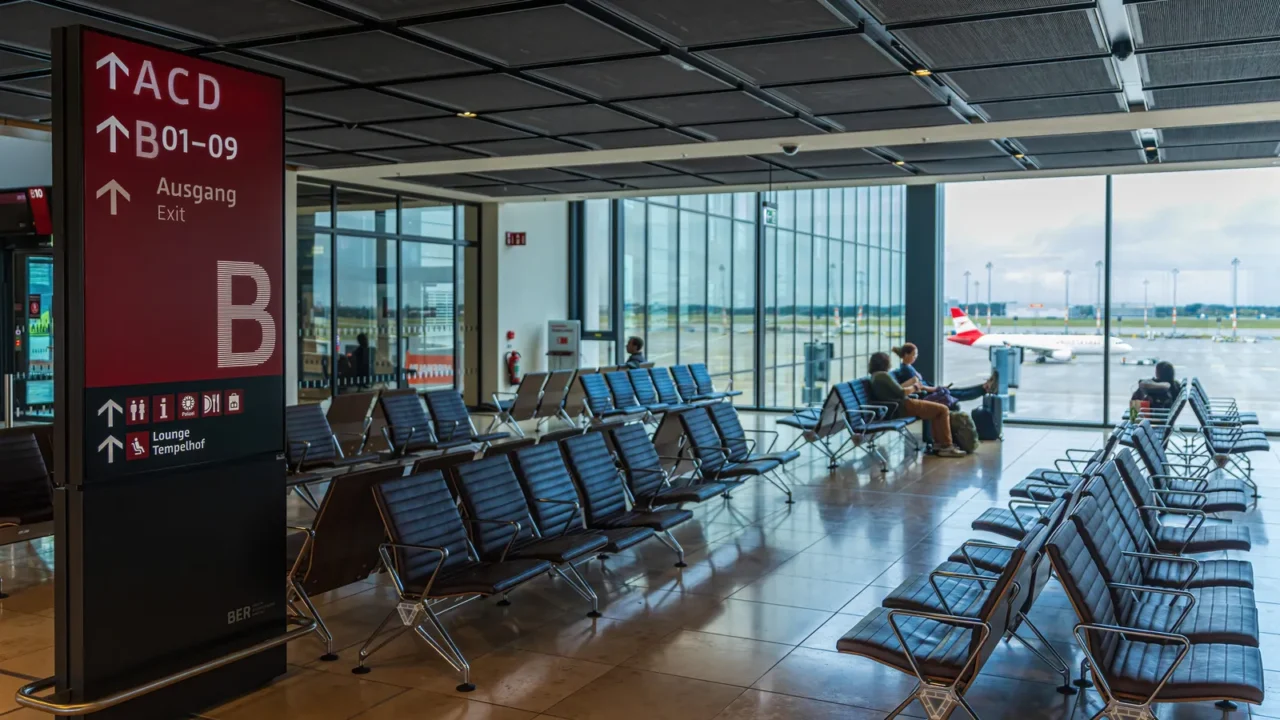
Pick-off peak and flex dates
Flying midweek or outside major holidays often delivers lower fares. Tuesdays, Wednesdays, and nights tend to come with fewer travelers and fewer fees.
If you can be flexible with your departure and return windows, you’ll almost always find cheaper options. Even shifting by one day might avoid peak surcharges or fuel‐related fees.
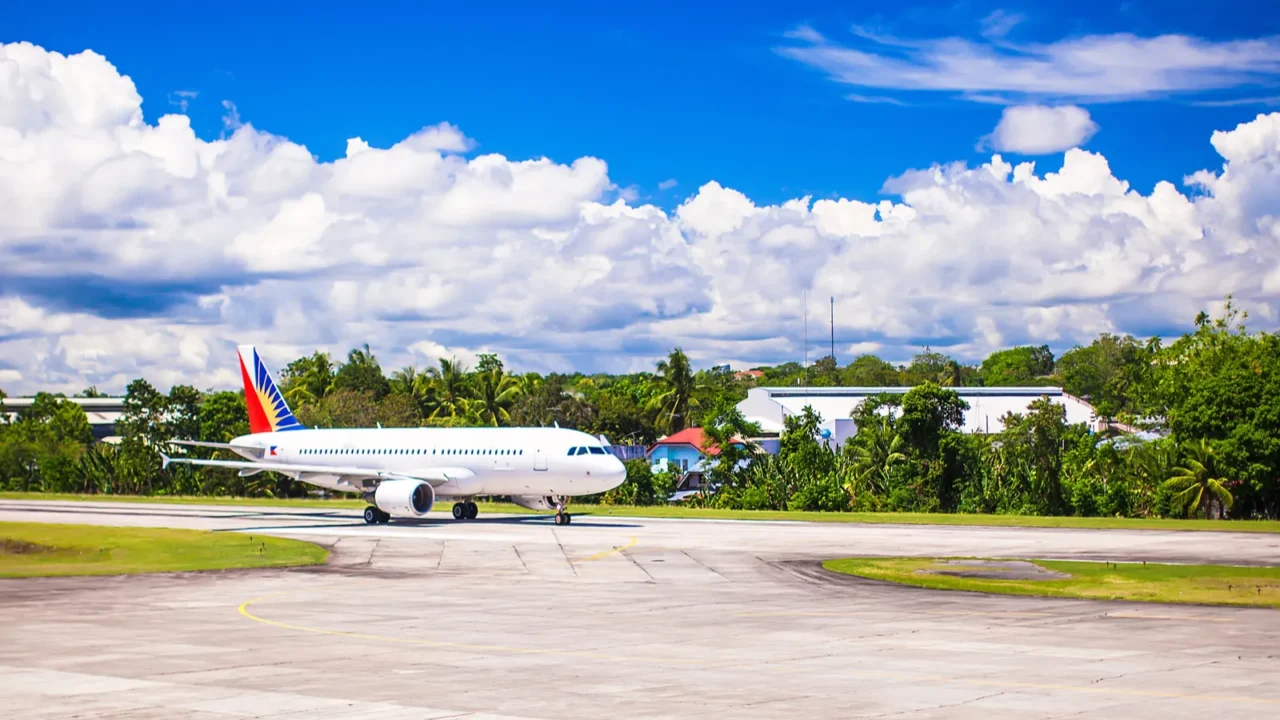
Choose alternative airports
Using secondary airports or those slightly further from your destination can often save you significant fees. Low-cost carriers often fly into smaller airports with lower overhead costs.
Just be sure to factor in transport between that alternative airport and your final destination. If the transit costs negate the savings, it may not be worth it.
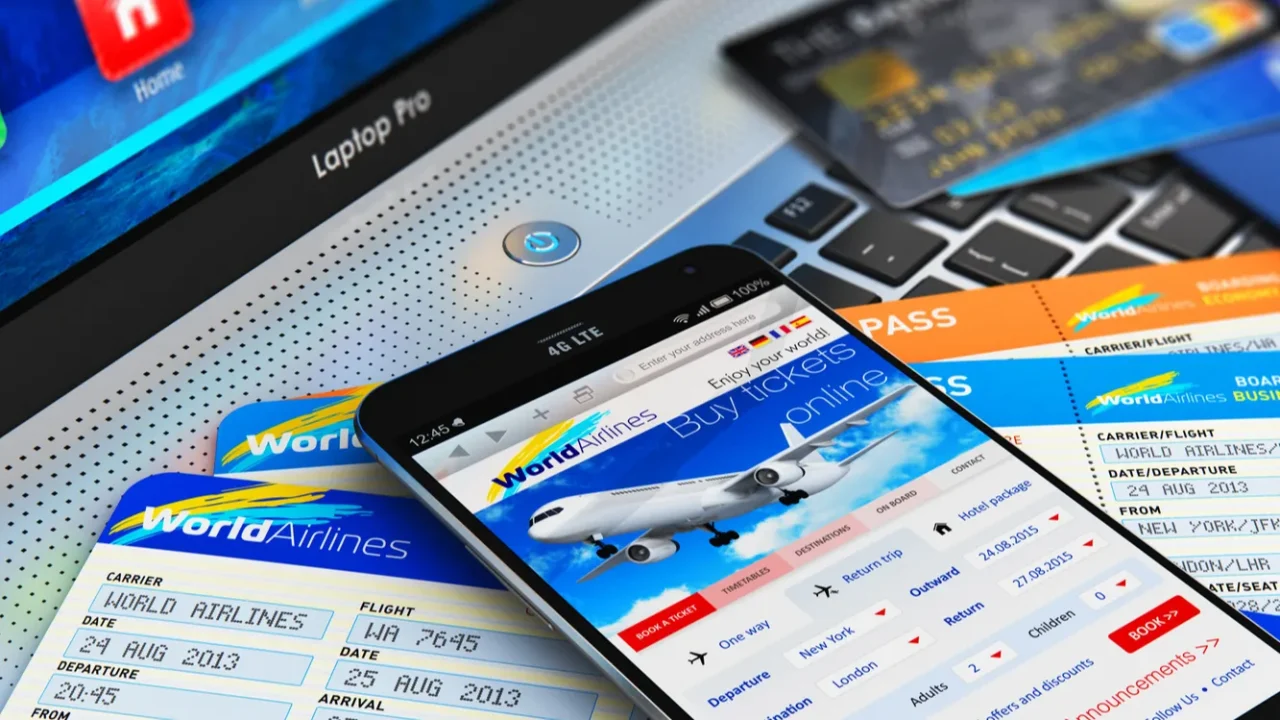
Monitor price drops and deals
Airfare moves constantly, and prices may fall after you’ve booked. Some airlines or booking sites offer refunds or credits if fares drop. Track fares using “price drop protection” tools whenever available.
Subscribe to newsletters or deal alert services. Sometimes flash sales or mistake fares appear for a limited time. Being on alert gives you a chance to jump on the lowest price before it disappears.

Book early but not too early
Booking far in advance can sometimes help, but going too early or too late can cost more. Domestic flights often offer the best value if booked one to three months ahead. International tickets often drop in price six to three months before departure.
Don’t wait until the last minute: airlines know people under pressure pay more. But also avoid booking a year ahead if the route is volatile, as fuel surcharges and fees could rise.

Avoid basic economy traps
Basic economy or ultra-low-cost fare classes may look cheap, but many hide essential service charges: no seat selection, high fees for carry-ons or checked bags, and strict change penalties.
If those perks matter, or if you travel with luggage, or want a flexibility upgrade to standard economy, or a fare class that offers more. The extra cost upfront often saves more down the line.
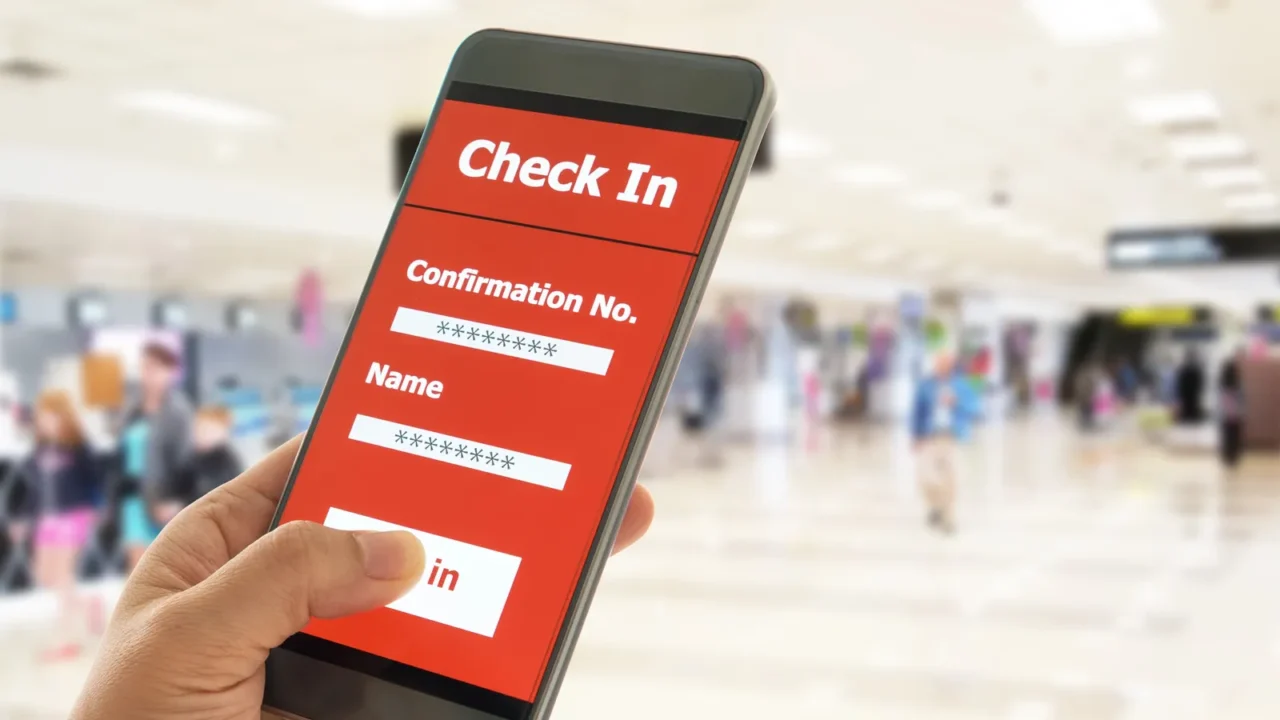
Pay for add-ons in advance
Many airlines charge extra when you do anything at the airport, such as checking bags last-minute, choosing seats, or changing flights. Prepay for add-ons while booking if you know you’ll need them.
Online or app check-in often gives lower fees than doing things at the gate. Always plan for extras, surprises at the airport usually come with premium pricing.
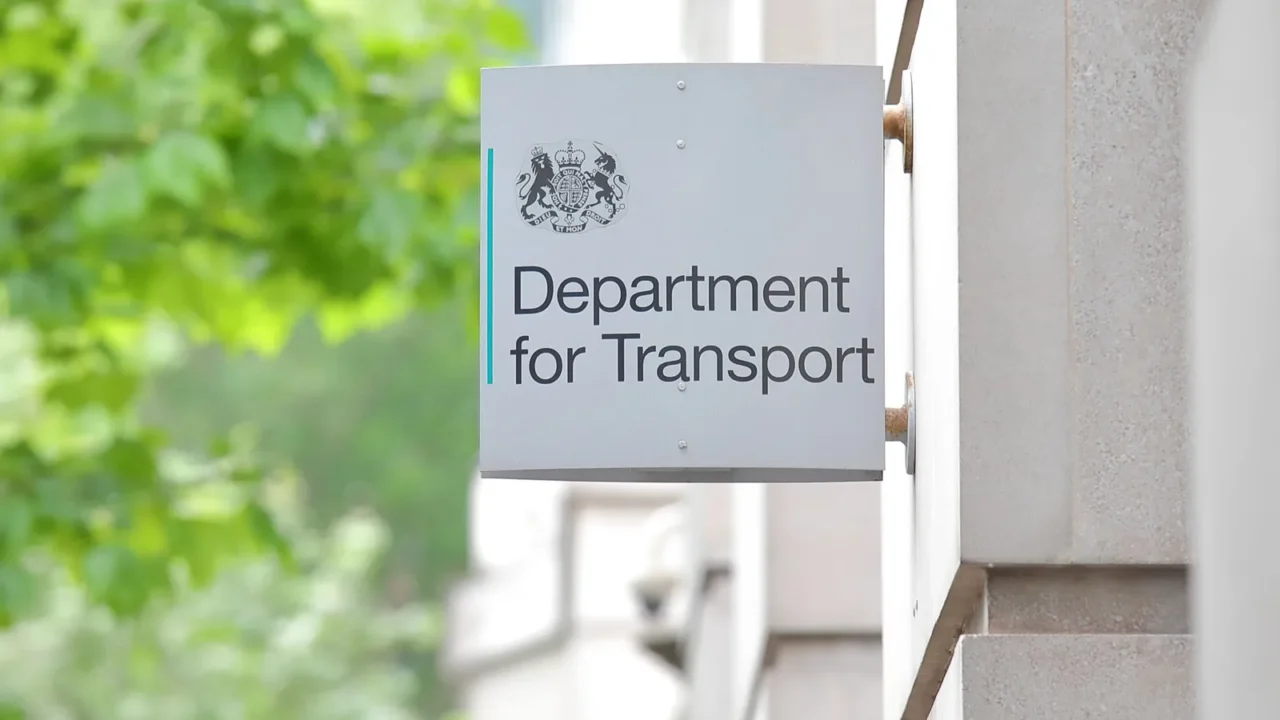
Know fee disclosure law
Some countries, like the U.S., are tightening rules so airlines must disclose fees up front with ticket prices. That transparency helps you compare apples to apples and avoid hidden costs.
Know your rights in the region you fly. Sometimes you can challenge or avoid fees that aren’t disclosed properly. Being aware keeps you from being blindsided.

Bundle or multi-city itineraries
Booking a multi-stop or open-jaw ticket instead of several one-way flights can reduce fees and taxes. Some airlines favor bundled routes, especially for international travel.
Also consider “hidden city” ticketing, which is allowed, but be careful, it’s risky and sometimes against airline policies. Always check baggage routing rules to check if your bags go past your stop, it may not be safe.

Use rewards, miles and status across
Frequent flyer status with one airline sometimes gives benefits on partner airlines or alliance members. Free checked bags, waived fees, and seat upgrades can be carried across networks.
Maximize miles by using co-branded cards and crediting flights to the program that gives you the best perks. Even if you fly different airlines, alliance status can save you hundreds in fees yearly.

The power of refundable and flexible
Flexible tickets may cost more at purchase, but can save you from big fees later. Changes, cancellations, or rebooking tend to hit hardest on nonrefundable fares. Also, check if the airline offers travel insurance or credit vouchers. Sometimes changing your plan is inevitable, less rigid policies reduce stress and cost when things shift.
Choosing flexible fares means you will be better prepared to adapt without the stress of sudden new charges. Flying internationally soon? Stay one step ahead by checking American Airlines’ baggage and fare policy updates before you book.
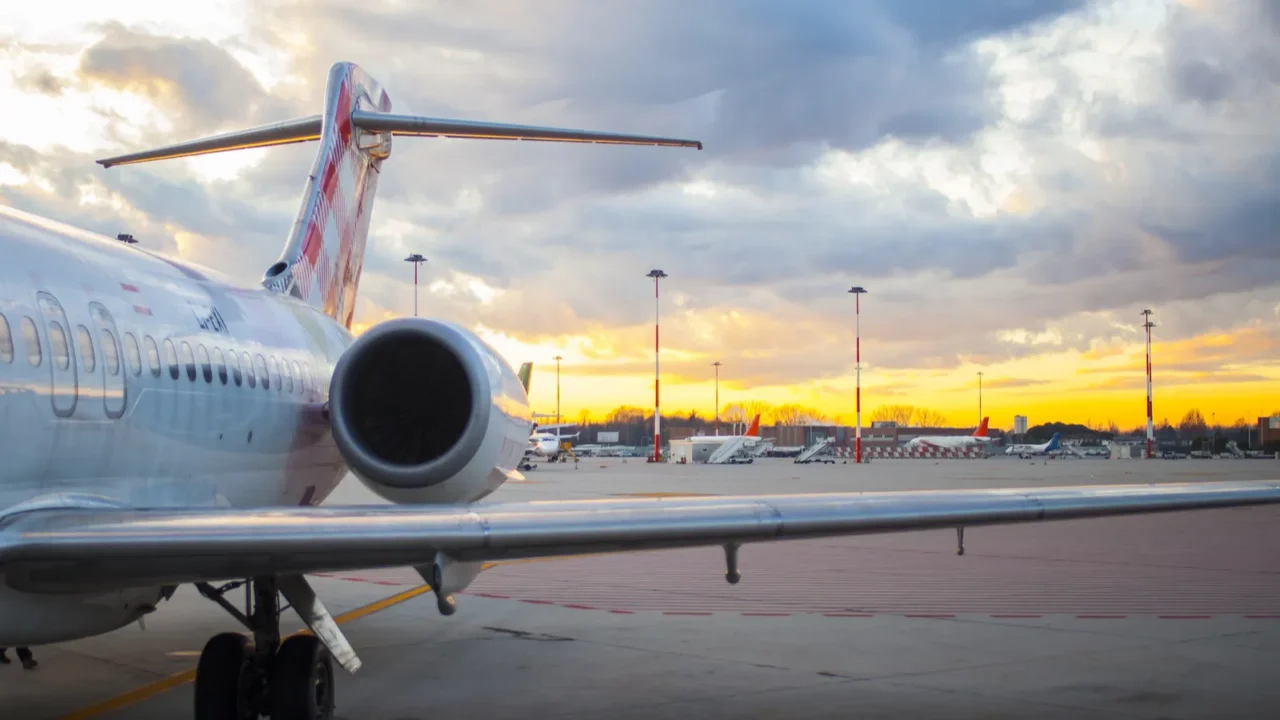
Final boarding
You have the tools now to compare totals, pick the right fare, travel lightly, set alerts, and use loyalty. Put this plan together before your next flight, and you’ll sidestep many common airline fees.
Don’t let surprise charges steal joy from your journey. Fly smart, stay flexible, and let the adventure, not the baggage fees, take center stage. Ready to book your next trip? Use these smart timing tips to lock in the best fares and avoid paying more than you should.
So, when are you booking your next trip?
Read More From This Brand:
- Delta makes big change for all travelers and flights
- Hawaiian Airlines drops several low-demand routes
- The $250 U.S. entry fee shocking tourists
Don’t forget to follow us for more exclusive content right here on MSN.
This slideshow was made with AI assistance and human editing.